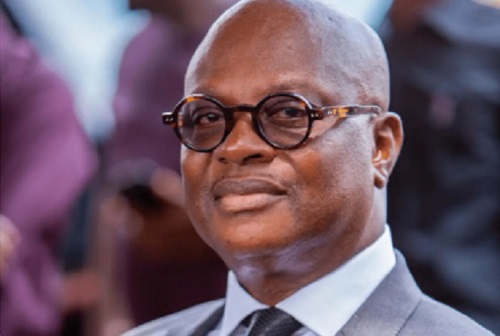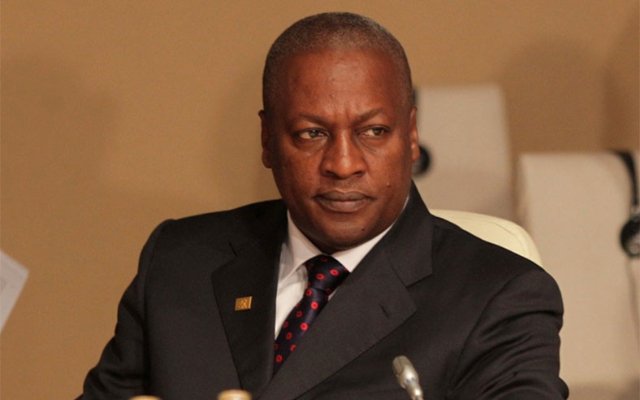The average improvement of Gross Domestic Products (GDP) of African countries have not been translated into sustainable economic opportunities, Mo Ibrahim Foundation says.
News Agency of Nigeria (NAN) reports that the 2018 Ibrahim Index of African Governance (IIAG) was launched by the foundation during a live event on Monday.
According to the report, Sustainable Economic Opportunity remains on average the worst performing and slowest improving category of the IIAG.
Its 2017 African average score is 44.8 (out of 100.0), only +0.1 points higher than ten years ago (2008).
Although Nigeria ranked 29 with a score of 43.5 and a growth rate of 2.7, the African average is 44.8 with a 0.1 growth rate.
Comparatively, Morocco had the highest improvement with a growth rate of 14.1 and a score of 68.3, while Libya had the lowest improvement a negative growth rate of -22.6, scoring 23.7.
On the state of Sustainable Economic Opportunity, the report says, “Africa’s combined GDP has increased by +39.7% over the last decade.
“But this has not translated into a similar level of progress in providing Sustainable Economic Opportunity for its citizens.
“In contrast, the increase in the African average score in this category of the IIAG is only +0.1 (a percentage increase of only +0.2%), the index stated.
The Sustainable Economic Opportunity category in the IIAG measures the extent to which governments enable their citizens to pursue economic goals and provide the opportunity to prosper.
NAN reports that this is calculated under four main categories including public management, business environment, infrastructure and rural sector.
Analysing the index, Mr Ibrahim, Yvonne Mensah, Head of Africa and Governance Directorate at the Commonwealth and Nasi Rwigema, an energy expert and Mo Ibrahim scholar examined the development growth rate for Africa.
Mr Ibrahim said, “My reading of the report is that there is trickling down. A country is getting richer, getting more revenue.
“Somehow, that has been translated in improving the conditions of the country. This is probably false and is not happening in many countries.
“Inequality is a problem and it is increasing and it seems that the wealth generated during the boom has not been retranslated into better job opportunities or money has been invested in infrastructure in improving quality education.
“It is a challenge, African economies have grown by almost 40% over the last few years but we don’t see really a proportional growth in the area of sustainable economic development itself.
“It really seems that governments are not paying enough attention to rural areas and I have a feeling that people in the city have more influence in the government behaviour than people outside.
“We really are not delivering in the rural sector which is sad because half of the population is there,” Mr Ibrahim said.
Meanwhile, Rwigema worries that African governments are not doing enough to translate GDP growth into better economic opportunities for the citizens.
He said, “What I see with my friends and family is that the government tend not to be creating enough sustainable economic opportunities.
“So, the economics are growing significantly over the last 10 years but the growth of economic opportunities created by these governments is stagnant.
“The worry is that we are going to lose out on the incredible opportunity that is our people,” Mr Rwigema said.
However, Ms Mensah stated that governments ought to create better environments for several business and economic opportunities to thrive.
She said, “The state has to create the enabling environments for jobs to be created. For the private sector to be able to create those jobs.
“If you look at the business environment which is actually going down, that’s serious,” Mensah said.
The Mo Ibrahim Foundation was established in 2006 with a focus on the critical importance of leadership and governance in Africa, by providing tools to assess and support progress in leadership and governance.
The IIAG provides an annual assessment of the quality of governance in African countries and is the most comprehensive collection of data on African governance. (NAN)

 Boss Picks4 days ago
Boss Picks4 days ago
 Opinion6 days ago
Opinion6 days ago
 Opinion4 days ago
Opinion4 days ago
 Events5 days ago
Events5 days ago
 Adding Value6 days ago
Adding Value6 days ago
 Featured6 days ago
Featured6 days ago
 Headline3 days ago
Headline3 days ago
 News6 days ago
News6 days ago














